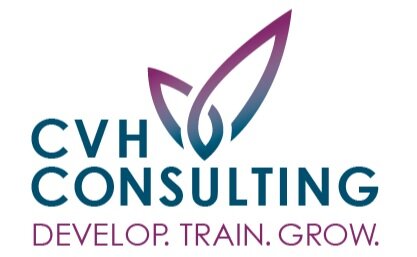Facilitation Pro — Be a Great Moderator
A few weeks ago, I had the honor of attending an intimate evening with an icon, Gloria Steinem. The moderator read quotes from her books and asked her uninteresting questions based on the quote… and that was it. No follow-up questions were asked; there was no discussion of current events. It felt at times that she wasn’t even listening. Honestly, it was painful to watch. We had the opportunity to question and learn from a legend, but instead, I remember little of what she discussed.
Within a week of that event, I also attended a local event with the amazing Jessica O. Matthews (click here to learn more about her). The moderator for this event was terrific. She was engaging, asked interesting questions and thoughtful follow-up questions. You could tell she prepared.
Not surprisingly, the Gloria Steinem event left me disappointed. And the Jessica O. Matthews event left me disappointed that we didn’t have more time! Coincidence? I don’t think so. The moderator of a panel holds an important responsibility as the person who drives the conversation of a session or event.
Here are ten tips to help you moderate a panel or discussion that won’t leave your audience disappointed:
Before the event:
1. Make sure you are familiar with the person (or people) you’re working with, and topic. It’s up to you to do the research or decline taking the role.
2. Prepare!
Get to know your panelists by researching them and reaching out before the event.
Ask them questions about their expectations as a panelist or speaker.
Consider what the audience will want to learn and hear. This is my top tip!
Provide them with discussion items in advance (see #3).
3. When possible, give panelists questions you plan to ask in advance and try to have each person identify which topics they will cover, this will help with expectations and repetitiveness.
4. Plan your time. Let speaker(s) know how much time they have to respond and how much time there will be for questions and other speakers. Set those expectations from the beginning.
During the event or session:
5. Be interested in what the panelists are saying, body language matters.
6. Use active listening skills: pay attention, withhold judgment, clarify, share.
7. Take notes to help you rephrase statements and provide a summary of key points made.
8. Ask follow-up questions based on what is being said by your panel or speaker.
9. Thank your speakers for sharing their insight, experiences, and expertise.
10. Have fun. Moderating can, and should be, fun! You are in control, make the most of it and never forget about your audience.
When I have moderated panels at national conferences, the panelists rarely know each other. I make a guide for them and have them choose 2-3 questions that they would like to discuss, and I do my best to have a conference call with everyone beforehand. If that’s not possible, I talk to each person individually so they can ask questions about the expectations, timing, and other panelists. At the very least, I have them meet beforehand the day of the event. It is important that they complement one another, drive key messages, and make the experience of learning more enjoyable for the audience.
Please don’t make the mistake of thinking that moderating can be done by anyone, with no experience, or little knowledge on the topic or speakers. Moderating is an exciting role to have, but it holds a lot of responsibility.
I hope this helps you prepare for your next big engagement. Please add additional thoughts and tips below!


